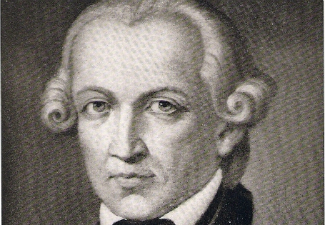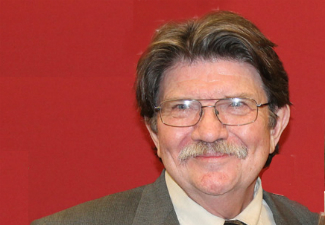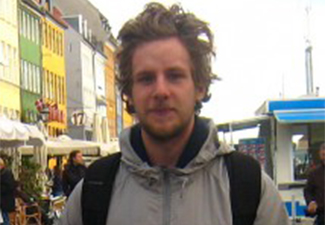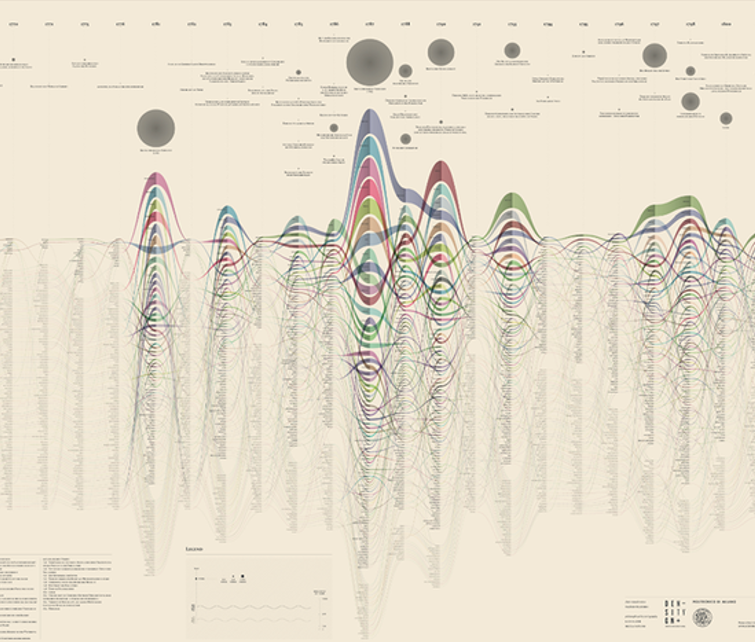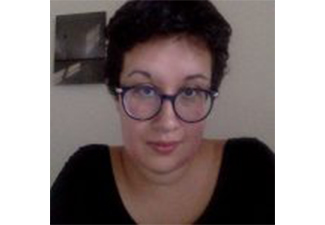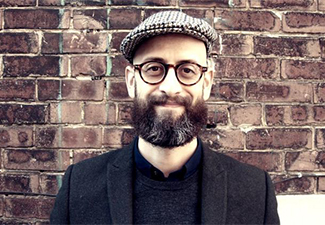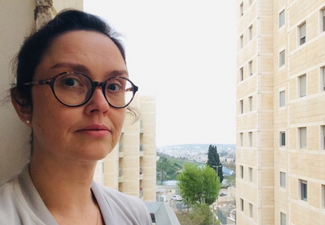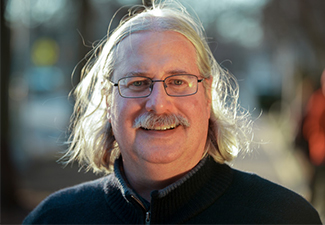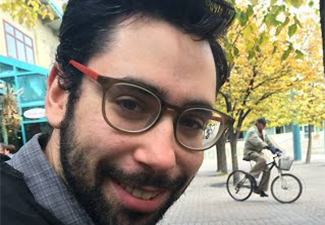Conference: Kant and Analytic Metaphysics
Jackman Humanities Building, Room 418 170 St. George Street, Toronto, Ontario, CanadaOrganized by Professor Nick Stang, this conference aims to generate dialogue between contemporary analytic metaphysicians and scholars of Kant, who famously questioned whether such a thing as metaphysics is even possible. Participants include Amie Thomasson (Dartmouth), Eric Watkins (UC San Diego), our own Damian Melamedoff, and many more.

